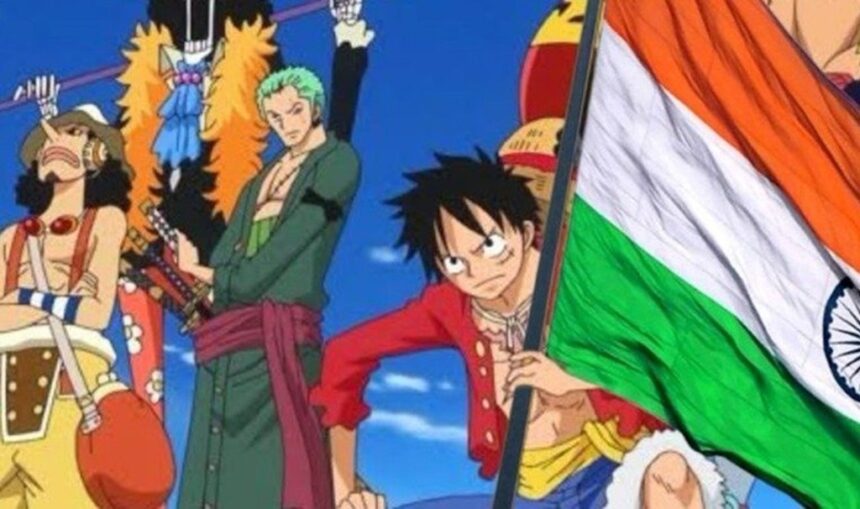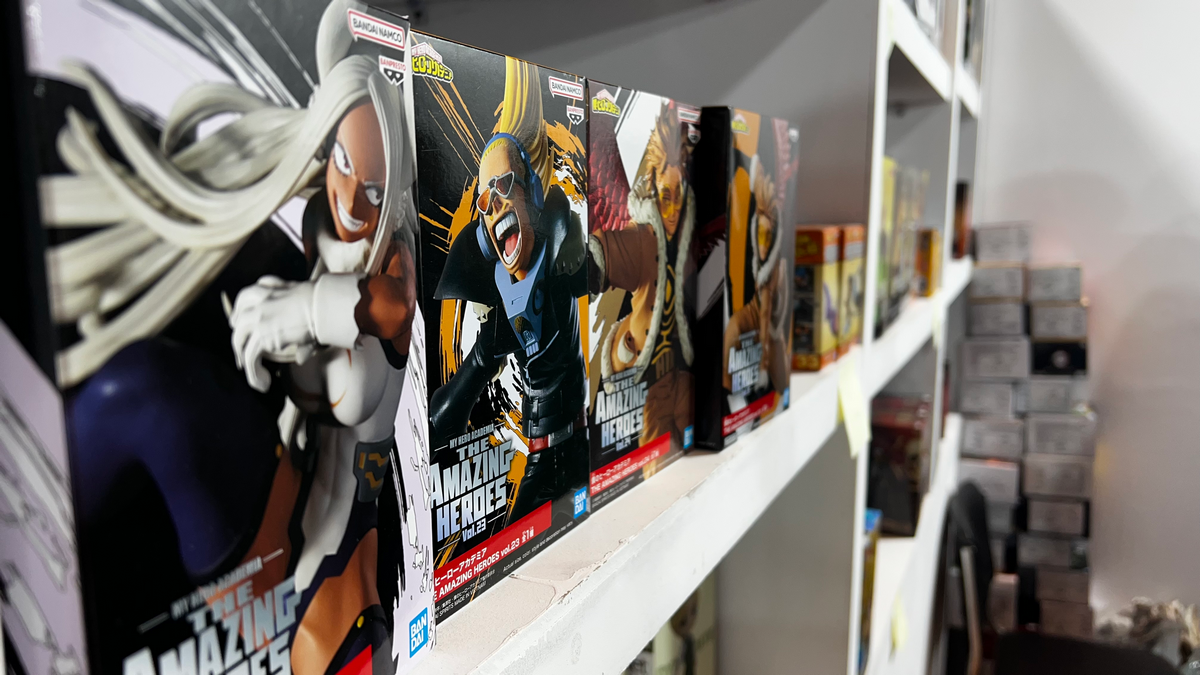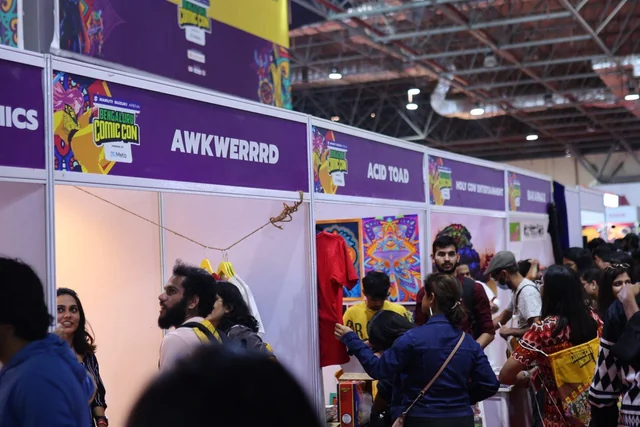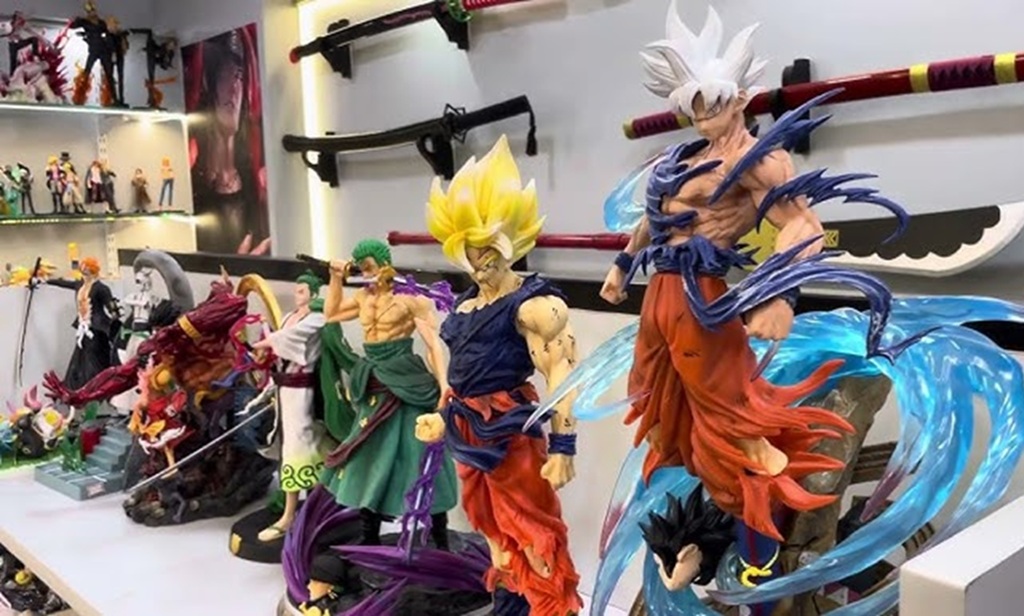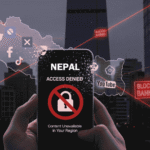Coffee manga has seen an incredible rise in India, with young fans driving this trend as anime becomes a mainstream obsession. ‘Coffee manga’ refers to easy-to-read, often bite-sized manga releases that are perfect for a quick break—just like having a cup of coffee. Digital platforms such as Coffee Manga, 1st Kiss Manga, and Manga 18 have gained loyal followings, making thousands of series instantly available to hungry new readers.
This movement is closely linked to the explosive popularity of anime among Indian youth. As more iconic anime titles find local audiences, curiosity about the original manga fuels both casual reading and dedicated fan communities. With the majority of these readers in their teens or 20s, coffee manga in India is not just a passing craze—it’s fast becoming a daily ritual and a bold marker of youth culture.
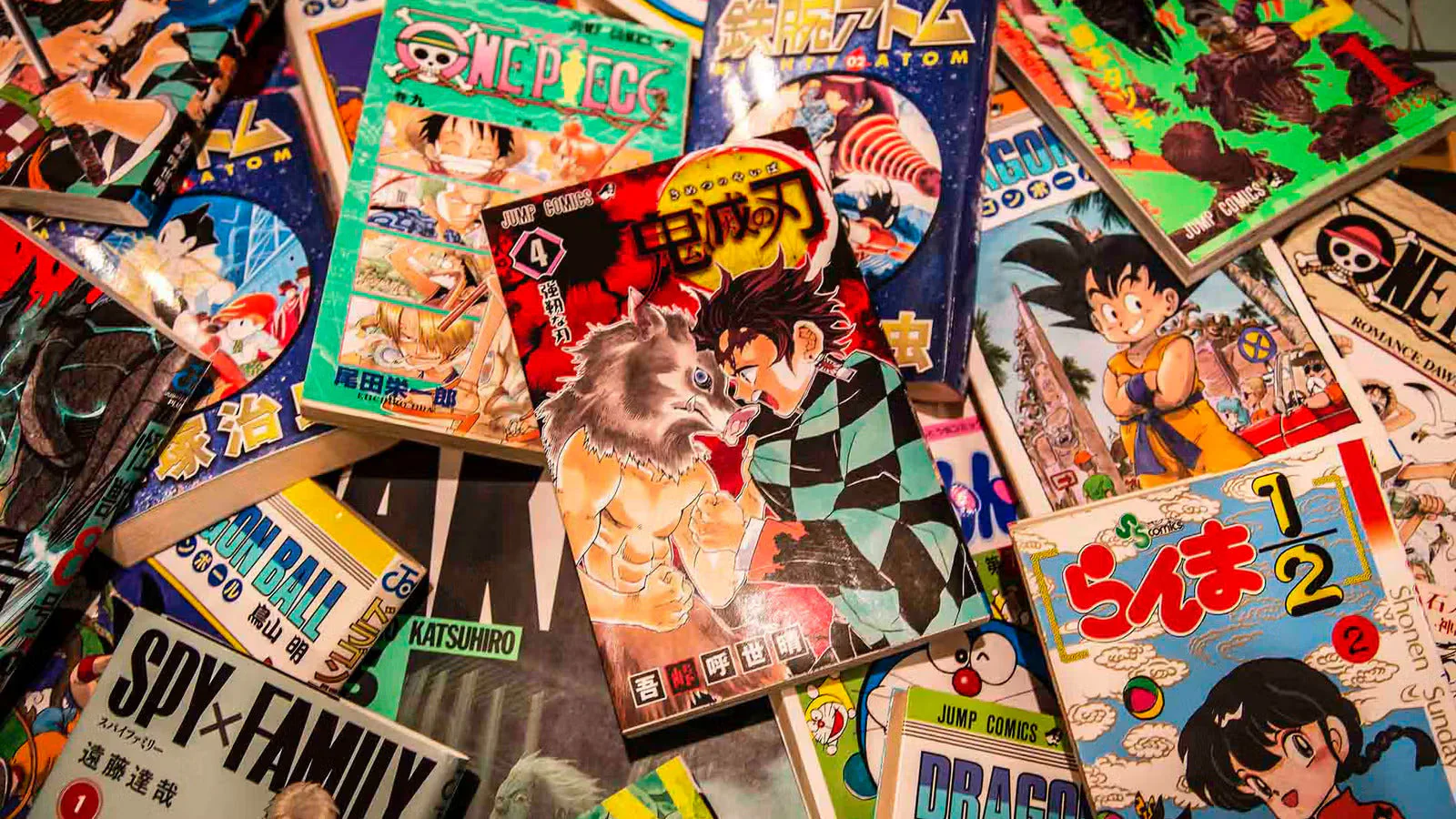
How Anime Popularity Sparked India’s ‘Coffee Manga’ Boom
Anime has shifted from a niche interest to a pop culture phenomenon in India, and it has completely transformed the manga scene. The buzz from hit anime series, made easily accessible on big streaming platforms, helped introduce a whole new generation to Japanese comics. Now, coffee manga is more than a trend for young people in India. It is a sign of changing media habits and a growing love for Japanese stories.
Streaming Power: Anime Everywhere, All at Once
A few years ago, getting hold of quality anime in India used to be tricky. Today, platforms like Crunchyroll, Netflix, and Amazon Prime are packed with anime titles, both classics and the latest releases. These services allow anyone in India’s big cities or smaller towns to stream anime instantly with subtitles or dubs.
- Crunchyroll has become especially known for its broad collection, making it a natural entry point for anime fans in India.
- Netflix and Amazon Prime increasingly feature Japanese anime and manga-inspired shows, further expanding the audience.
This easy access to anime is a huge reason why young people in India are discovering manga. They want the source material behind the shows, sometimes even ahead of new episodes. As a result, digital manga platforms are seeing record new readers.
Fan Communities: The Bridge from Anime to Manga
The online world plays a big role in connecting like-minded fans. Indian anime lovers find each other on Discord, Reddit, and dedicated Facebook groups. At the same time, cosplay events, comic cons, and city meetups bring fans face-to-face. These communities often act as guides, steering newcomers toward manga for more in-depth stories and exclusive content.
Platforms like Coffee Manga, 1st Kiss Manga, and Manga 18 are popular names dropped in group chats and forums, with links and recommendations flying around. Coffee manga especially appeals to busy students and professionals who want something quick and compelling to read during a break or commute.
- Forums swap recommendations for series and offer guides for newcomers.
- Social media groups run themed discussions, art contests, and chapter reviews that fuel hype for new manga drops.
Manga is no longer just a solitary hobby. In India, it is woven into social life and community-building, with a strong focus on discovery and sharing.
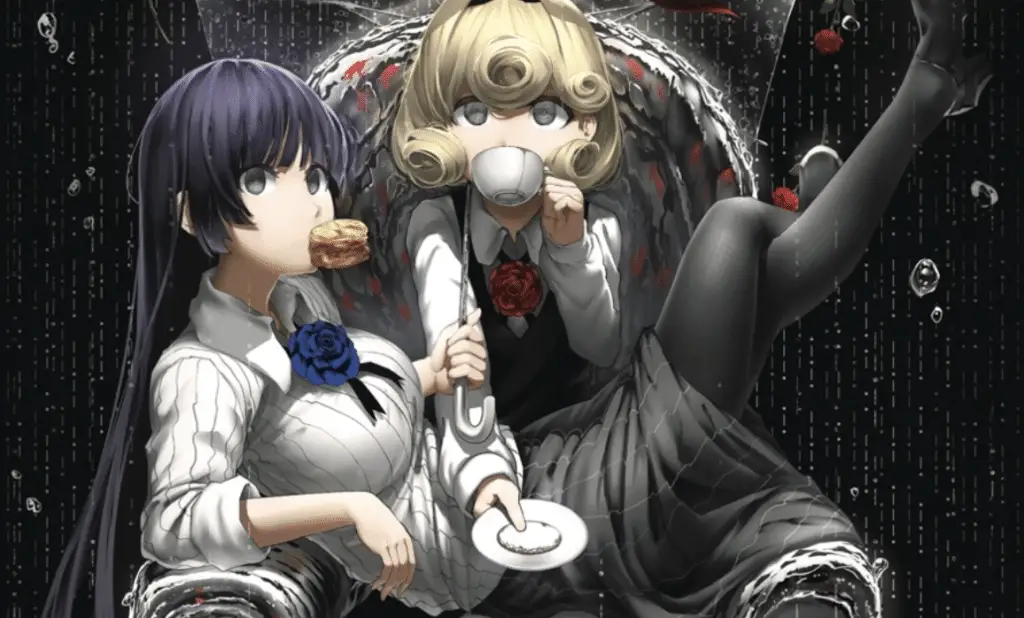
Platforms for All Ages: From 1st Kiss Manga to Manga 18
Not all readers crave the same kind of stories. In India, platforms are smartly catering to varied tastes and age groups:
- 1st Kiss Manga offers a wide selection of genres from romance to action, appealing to both beginners and superfans. Their style of bite-sized, episodic releases perfectly fits into busy modern lifestyles.
- Manga 18 stands out for older teens and adults interested in mature plots. These series often feature themes and art aimed at a grown-up audience, filling a gap left by mainstream Indian comics.
What ties all these platforms together is ease of access. Most sites are mobile-friendly, with clean interfaces, making it simple for anyone to start reading without technical barriers.
Real-World Data: Tracking the Manga Surge
Numbers tell the real story about how big this boom has grown. Recent research shows a dramatic rise in manga fandom:
- The Indian manga market generated USD 46.2 million in 2024 and is expected to reach USD 135.4 million by 2030, with a sharp growth curve year over year. Curious about more? Dive deeper into the figures with this market report from Grand View Research.
- The most active manga hubs in India are Delhi, Mumbai, and Bengaluru, along with other metro cities. These places have thriving youth cultures, internet access, and plenty of offline activities like comic stores and conventions.
- The demand for digital manga, especially on phones and tablets, means readers can catch up on new chapters wherever they are.
The following table highlights key data about India’s manga surge:
| Year | India Manga Market Revenue | Top Cities | Projected Growth Rate |
|---|---|---|---|
| 2024 | USD 46.2 million | Delhi, Mumbai, Bengaluru | 22% CAGR |
| 2030 | USD 135.4 million | Delhi, Mumbai, Bengaluru | – |
Across platforms and devices, anime’s infectious popularity has reshaped how India discovers, enjoys, and talks about manga. The ‘coffee manga’ boom is here to stay, changing daily routines and reading habits for millions.
Trending Genres and Popular ‘Coffee Manga’ Titles in India
Every manga reader in India has felt the ripple of anime’s rise. Coffee manga, with its quick chapters and punchy storytelling, has become a fixture for young readers who want a fast thrill. Most pick their next series based on what’s blowing up in anime, with platforms like Coffee Manga, 1st Kiss Manga, and manga 18 serving up instant access to trending titles and hot genres.
The Influence of Anime Blockbusters
Hit anime like Naruto, My Hero Academia, Demon Slayer, Attack on Titan, and Jujutsu Kaisen have put a fresh spotlight on manga. When a new anime arc drops or a major event unfolds in an ongoing series, Indian viewers head online looking for the original manga chapters. Coffee Manga and 1st Kiss Manga see a flood of readers eager to stay one step ahead of the anime episodes.
For example:
- Jujutsu Kaisen: When the ‘Shibuya Incident’ arc started trending, fans rushed to read the manga first. Discussion groups buzzed about reveals and spoilers, and sites like Coffee Manga posted spikes in related traffic.
- Demon Slayer: Readers wanted every twist before the anime finale. The demand for manga outpaced the anime itself for several months.
- Attack on Titan: Those cliffhangers drove many to search out the latest manga chapters, often using 1st Kiss Manga for up-to-date content and bonus spin-offs not covered in the anime.
These blockbuster seasons don’t just boost views—they shape entire reading lists. The biggest shonen genres (action, adventure, supernatural) see the most demand, but spinoffs, prequels, and side stories also find eager readers. If an anime arc goes viral, its manga roots rocket up the rankings almost overnight. Readers in Delhi, Mumbai, and Bengaluru talk about the latest plot reveals, sometimes spoiling things even for casual anime fans.
Popular manga series now topping coffee manga platforms in India:
- Jujutsu Kaisen
- Attack on Titan
- Demon Slayer: Kimetsu no Yaiba
- My Hero Academia
- Naruto
- Solo Levelling (a Korean webtoon, but picked up massive popularity in India because of anime adaptation buzz)
The appeal runs deep for both Japanese originals and quick, well-translated versions, especially when new volumes are released at the same time as anime updates.
Rise of Manga 18+ and Digital Reading Habits
While big action series dominate, another trend is shaping the scene: the quiet boom of manga 18+ and adult genres. Digital-first reading changed how young Indians experience mature manga. The privacy and speed of online platforms let anyone enjoy genres that might feel taboo in print.
Key reasons behind the rise:
- Anonymity: Reading manga 18+ online means no one sees what’s on the screen. Young adults can explore romance, drama, and more explicit genres with total privacy.
- Phone and tablet access: Coffee Manga, 1st Kiss Manga, and Manga 18 are designed for small screens, fitting into bus rides or late-night sessions. Readers can save their place and come back any time.
- Tag-based sorting and niche fandoms: Categories like “adult”, “smut”, or “Josei” (mature stories for women) have dedicated fans. Many join secret Telegram groups or use Reddit to swap recommendations and spoilers, building mini-communities for their favourites.
Most-trending manga 18+ genres in India include:
- Romance and drama series targeting older teens and young adults.
- Slice-of-life stories with adult themes (relationships or workplace settings).
- Explicit manga that’s labelled or filtered by age.
The following table spotlights the top-performing genres and titles currently driving traffic on key Indian manga reading sites:
| Platform | Trending Genres | Top Titles |
|---|---|---|
| Coffee Manga | Action, Supernatural, School | Jujutsu Kaisen, My Hero Academia |
| 1st Kiss Manga | Romance, Fantasy, Adult | Solo Levelling, Horimiya, Secret Class |
| Manga 18 | Mature, Smut, Slice-of-life | Secret Class, He Does a Body Good |
With more translated series and regular updates, the demand for both shonen and adult stories keeps growing. Many readers prefer the freedom to jump between action and romance, or discover bold new plots not found in local comics. Fast-loading sites, safe search options, and well-organized genres make it easy for any reader to find their next favourite series.
Platforms are helping push Japanese originals as well as adaptations from Korea and China. This mix keeps coffee manga fresh for Indian youth, always serving up something new with each digital “sip.”
Fan Community, Merchandise, and Local Culture
Coffee manga’s explosion in India is more than just a digital trend. It flows into real life, shaping how young Indians connect, show off their passions, and even change how brands approach pop culture marketing. The link between anime, instant digital manga (like Coffee Manga, 1st Kiss Manga, and Manga 18), and the wider youth lifestyle has never been stronger. In every big city, fans gather both online and offline, filling social media feeds with fan art, unboxing videos, and updates on the newest anime merchandise. Now, local businesses and major global brands alike want a piece of the action.
Impact on Indian Pop Culture and Brands
India’s coffee manga mania has blended with the heart of youth culture, making a mark far beyond screens. You see it everywhere—from WhatsApp groups planning meetups to cosplay competitions with queues snaking through convention halls.
Collaborations with Local Brands and Businesses
This new wave of fandom means brands are watching closely and finding creative ways to join the buzz. Cafés in cities like Mumbai, Delhi, and Bengaluru now run anime-themed nights, host manga book swaps, and serve iced lattes in cups printed with popular manga characters. Several independent coffee houses have even teamed up with local artists to put limited-edition manga art on their walls and menus.
Indian retailers, both brick-and-mortar and online, snapped up the chance to sell more than just comics:
- Apparel: T-shirts, hoodies, and even sarees with graphic manga panels and chibi characters
- Gadgets: Phone cases, earbuds, and laptop sleeves featuring art from hit series
- Collectibles: Keychains, stickers, pin badges, plushies, and imported figurines
The result? Merchandise drops now feel like streetwear launches—fans line up or scramble online to get exclusive items. Products inspired by 1st Kiss Manga’s top genres or Manga 18’s bolder content regularly sell out at pop-ups, thanks to word of mouth in fan WhatsApp groups and Instagram stories.
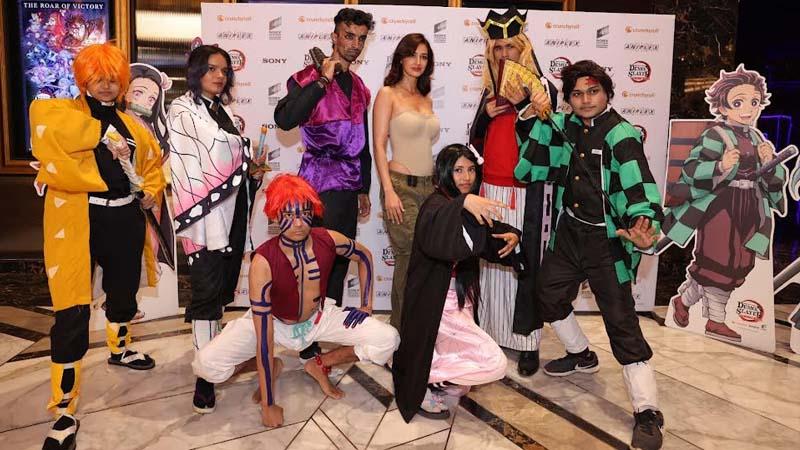
Pop Culture Hotspots: Cafés and Conventions
Trend-setting cities now see a steady calendar of anime and manga events.
- Comic Con India has become the flagship event for fans and brands alike, spanning cities such as Hyderabad, Mumbai, Delhi, Bengaluru, Chennai, and Kolkata. These conventions have grown to attract over 200,000 fans each year, putting Indian pop culture on the map (Comic Con India).
- At the 2025 Hyderabad Comic Con, more than 40,000 fans attended, snapping up Bandai Namco figures, indie artist zines, and clothing from both start-up and established labels (Hyderabad Comic Con).
- Anime-specific events like Anime India in Mumbai fill halls with original cosplay, DIY art markets, and fan panels, making space for everyone from die-hard otaku to new manga readers.
Cosplay competitions at these events are not just fun—they’re big business. Indian cosplayers now break into the global cosplay scene, sometimes sponsored by brands looking for fresh ways to reach younger audiences. DIY cosplay and upcycled costumes also reflect a strong sustainability trend, as discussed in the evolving industry reports (India’s Emerging Role in the Global Cosplay Industry).
Social Media Hubs and Local Fandoms
Young fans use Instagram, Discord, and Reddit to share:
- Unboxing videos of new manga 18+ titles
- Coffee manga reading recommendations
- Homegrown memes and parody skits based on the 1st Kiss Manga hit series
- Updates from city-based clubs like the Delhi Anime Club
They run art giveaways, promote meetups, and support Indian artists taking on beloved manga styles. The Indian Cosplay Community champions local cosplayers, while stores like India Cosplay Mall help lower the entry barrier for newcomers by offering budget-friendly costumes and guides.
Opportunity for Indian and International Companies
The rapid blend of anime-loving audiences with coffee manga habits is a goldmine for brands:
- Licensing and Collaborations: Companies, from cafe chains to electronics brands, now seek rights to run collaborations. Limited anime-themed menu items or tech accessories fly off the shelves.
- Retail Expansion: New chains and online shops offer imported manga and exclusive collectibles. These stores cater to both mass-market and niche audiences, capturing the range from casual readers to super fans.
- Youth Marketing: Companies leverage convention sponsorship, pop-up events, and social media contests to tap into the trusted voices of cosplayers, fan artists, and meme creators. Collaborations with fan-run communities boost authenticity and engagement.
The mix of accessible bite-sized manga, dynamic fan clubs, and local brands keeps the scene fresh and relatable. With anime and coffee manga at its core, India’s pop culture market is wide open for innovation and creative partnerships, drawing in both established and emerging players.
For anyone still unsure about the scale and excitement, the growth of Comic Con India and thriving city-based clubs proves that coffee manga is not only changing what young India reads, but also what they wear, collect, and talk about every day.
Conclusion
India’s coffee manga surge has transformed casual manga reading into a mainstream trend, powered by anime’s explosive popularity and changing digital habits among young fans. Platforms like Coffee Manga, 1st Kiss Manga, and Manga 18 have made manga easier to access than ever, giving both seasoned fans and newcomers a place to connect and discover new favourites. This growth follows the broader global spread of Japanese pop culture, now shared instantly through phones and streaming services.
With India’s manga market set to triple in value by 2030, opportunities for innovation and new investment continue to grow. The scene is open for more partnerships, better local translations, and technology that fits modern life. Coffee manga’s success story shows just how much global stories can shape local culture—and hints there’s plenty more to come. Thanks for reading and sharing this journey. Readers and creators together are building something unique, and the next chapter looks bigger than ever.




